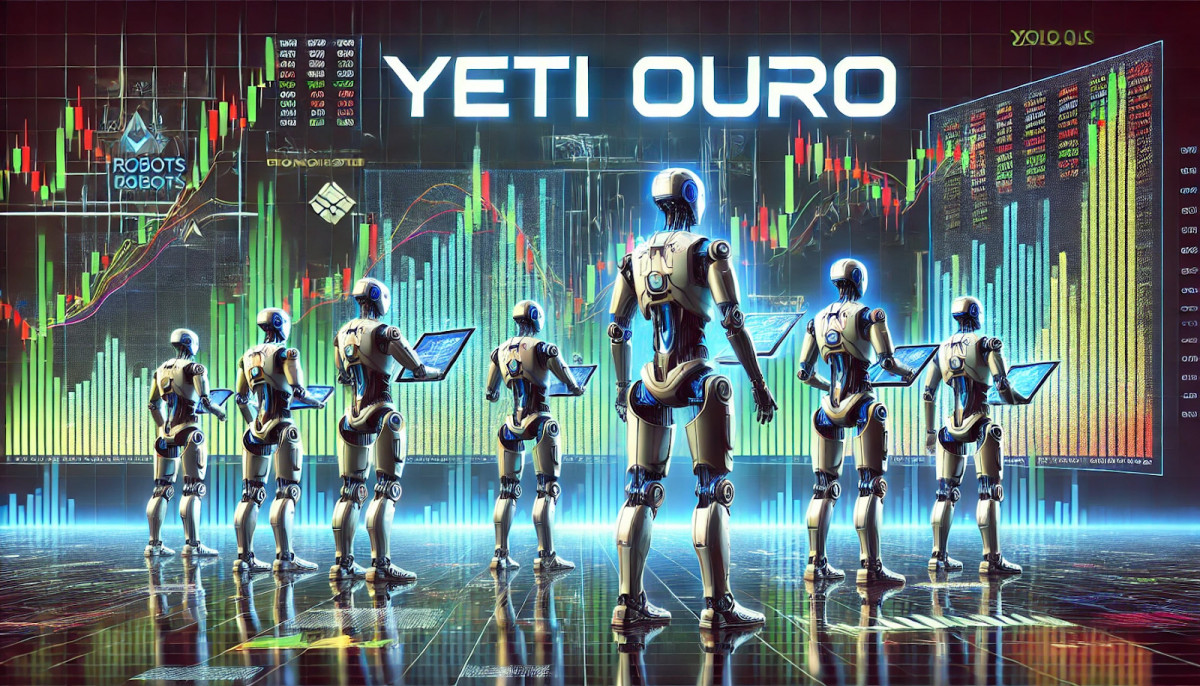“To create engagement, you have to have a story. In the metaverse, the creators will create the community, and the stories they tell will create the community, just like at the beginning of time. The king’s storyteller kept people engaged, Shakespeare kept people engaged,” said American film producer Donald Kushner, whose 1982 film “Tron” is considered to be cinema’s first-ever portrayal of the metaverse.
Kushner, who is also the president and founder at Junction Films and manager at Gumbotron, spoke to industry players this week at the Red Sea 360°, the Red Sea Film Festival’s industry talks program, about storytelling in the metaverse, focusing on the importance of creating narratives that are universal whilst also catering to the particular dynamics of the medium.
“[‘Tron’] was the first film to use computer animation. When we were producing the movie, there were four companies in the U.S. that did computer animation, and we booked them for an entire year. Today someone could create that in an afternoon. That’s how far we’ve come.”

Maurice “MrMoe” Gallegos (left), Yat Siu (center), Donald Kushner (right)
The producer was joined by Yat Siu, co-founder and executive chairman at Hong Kong’s Animoca Brands, the subsidiary company behind the leading decentralized gaming virtual world The Sandbox, who has brought names such as Snoop Dogg into the metaverse.
“Data is our most valuable resource. The problem with data today is that we are unable to measure the value of that data that sits inside Facebook and Amazon. We do not know what it’s worth to them. The metaverse makes this transparent and open,” said Siu, adding, “We are all data generators, so we are all creators. Every conversation adds to the creative process.”
So what does storytelling look like in the metaverse? To Siu, the traceable nature of the medium will allow content creators to truly understand their fandom and who their engaged supporters are, allowing artists to speak directly to their most eager-to-consume audiences. “A fan paying now has a direct relationship with the artists. Now, you can identify your true fans.”
“And right now we want to use A.I. programs to create the characters and environments. But the important thing about entertainment is you still have to tell an engaging story, and you still have to build engaging characters. So that’s what I’m interested in,” said Kushner, highlighting his goal to not only create immersive experiences in the “real world” but ones that “also translate into the metaverse.” “I think that’s the future. If we can make and distribute films directly to the people, financed by the people, we can create a whole different creative economy.”
As the world becomes more and more digitally connected, the barriers between the physical and the digital become blurrier. “When people are spending most of their time online, their virtual identities become more valuable than their physical ones,” said Siu, who advised anyone looking to invest in the metaverse to experience it for themselves instead of becoming liable to common misconceptions around concepts such as NFTs, crypto and blockchain. “If you want to do business in the metaverse, you have to enter.”
Read More: news.google.com









 Bitcoin
Bitcoin  Ethereum
Ethereum  Tether
Tether  XRP
XRP  Solana
Solana  Dogecoin
Dogecoin  USDC
USDC  Cardano
Cardano  Lido Staked Ether
Lido Staked Ether  TRON
TRON  Avalanche
Avalanche  Sui
Sui  Wrapped stETH
Wrapped stETH  Toncoin
Toncoin  Chainlink
Chainlink  Shiba Inu
Shiba Inu  Wrapped Bitcoin
Wrapped Bitcoin  Stellar
Stellar  Hedera
Hedera  Polkadot
Polkadot  WETH
WETH  Bitcoin Cash
Bitcoin Cash  LEO Token
LEO Token  Litecoin
Litecoin  Uniswap
Uniswap  Pepe
Pepe  Hyperliquid
Hyperliquid  Wrapped eETH
Wrapped eETH  NEAR Protocol
NEAR Protocol  Ethena USDe
Ethena USDe  USDS
USDS  Internet Computer
Internet Computer  Aptos
Aptos  Aave
Aave  Mantle
Mantle  POL (ex-MATIC)
POL (ex-MATIC)  Cronos
Cronos  Render
Render  Ethereum Classic
Ethereum Classic  Bittensor
Bittensor  MANTRA
MANTRA  Monero
Monero  Artificial Superintelligence Alliance
Artificial Superintelligence Alliance  Tokenize Xchange
Tokenize Xchange  Dai
Dai  Virtuals Protocol
Virtuals Protocol  Arbitrum
Arbitrum